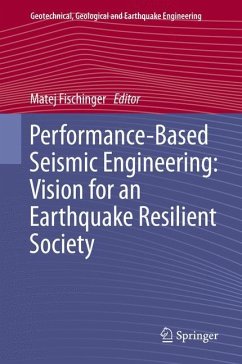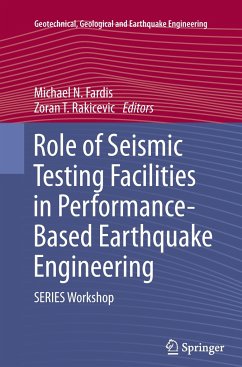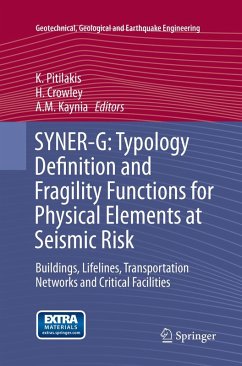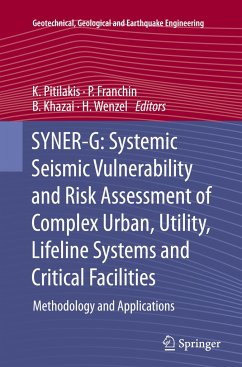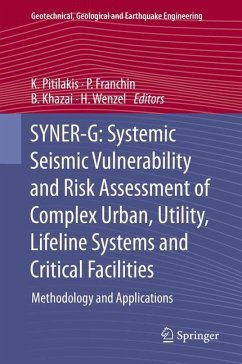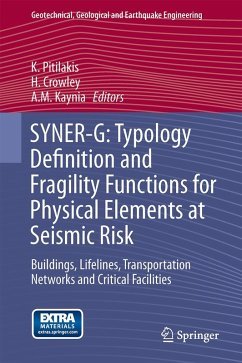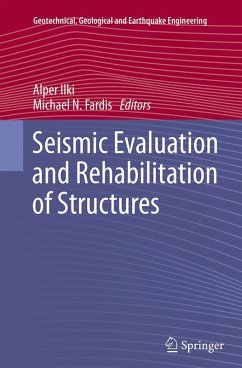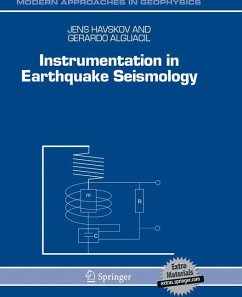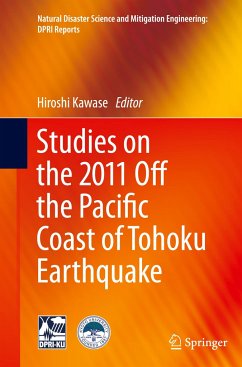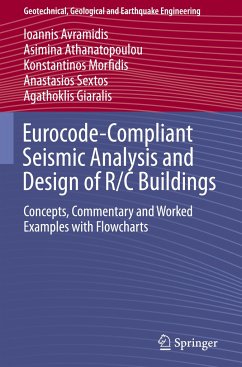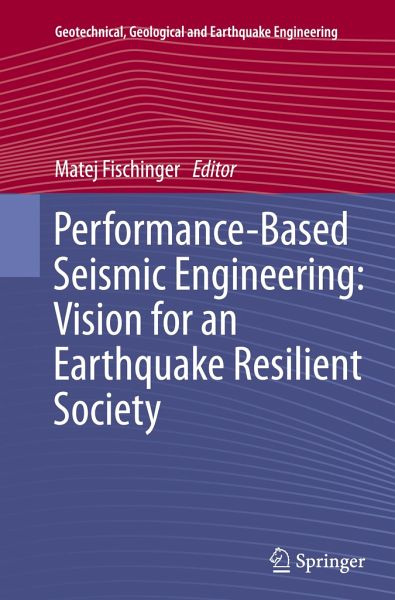
Performance-Based Seismic Engineering: Vision for an Earthquake Resilient Society
Versandkostenfrei!
Versandfertig in 6-10 Tagen
113,99 €
inkl. MwSt.

PAYBACK Punkte
57 °P sammeln!
The Bled workshops have traditionally produced reference documents providing visions for the future development of earthquake engineering as foreseen by leading researchers in the field. The participants of the 2011 workshop built on the tradition of these events initiated by Professors Fajfar and Krawinkler to honor their important research contributions and have now produced a book providing answers to crucial questions in today's earthquake engineering: "What visible changes in the design practice have been brought about by performance-based seismic engineering? What are the critical needs ...
The Bled workshops have traditionally produced reference documents providing visions for the future development of earthquake engineering as foreseen by leading researchers in the field. The participants of the 2011 workshop built on the tradition of these events initiated by Professors Fajfar and Krawinkler to honor their important research contributions and have now produced a book providing answers to crucial questions in today's earthquake engineering: "What visible changes in the design practice have been brought about by performance-based seismic engineering? What are the critical needs for future advances? What actions should be taken to respond to those needs?" The key answer is that research interests should go beyond the narrow technical aspects and that the seismic resilience of society as a whole should become an essential part of the planning and design process.
The book aims to provide essential guidelines for researchers, professionals and students in the field of earthquake engineering. It will also be of particular interest for all those working at insurance companies, governmental, civil protection and emergency management agencies that are responsible for assessing and planning community resilience.
The introductory chapter of the book is based on the keynote presentation given at the workshop by the late Professor Helmut Krawinkler. As such, the book includes Helmut's last and priceless address to the engineering community, together with his vision and advice for the future development of performance-based design, earthquake engineering and seismic risk management.
The book aims to provide essential guidelines for researchers, professionals and students in the field of earthquake engineering. It will also be of particular interest for all those working at insurance companies, governmental, civil protection and emergency management agencies that are responsible for assessing and planning community resilience.
The introductory chapter of the book is based on the keynote presentation given at the workshop by the late Professor Helmut Krawinkler. As such, the book includes Helmut's last and priceless address to the engineering community, together with his vision and advice for the future development of performance-based design, earthquake engineering and seismic risk management.



